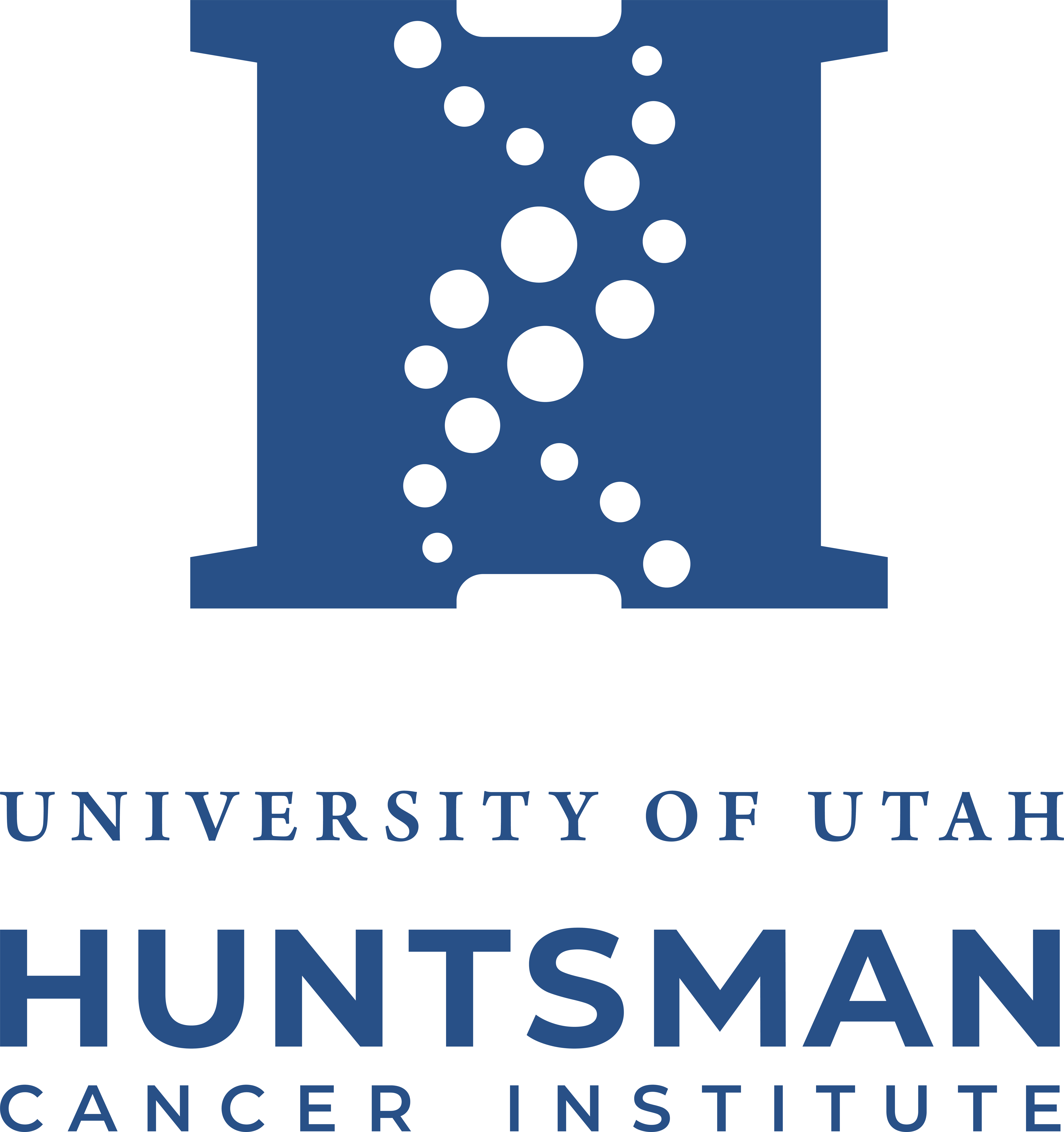
Dr. Agarwal on PFS2 Data From the TITAN Trial in mCSPC

Neeraj Agarwal, MD, discusses data from a posthoc analysis of the phase III TITAN trial in patients with metastatic castration-sensitive prostate cancer.
Neeraj Agarwal, MD, director of the Genitourinary Oncology Program, Oncology Division, professor of medicine, physician, and investigator at Huntsman Cancer Institute, discusses data from a posthoc analysis of the phase III TITAN trial in patients with metastatic castration-sensitive prostate cancer (mCSPC).
In the trial, investigators evaluated the addition of apalutamide (Erleada) to androgen deprivation therapy (ADT) versus ADT. Results showed that apalutamide plus ADT reduced the risk of second progression or death (PFS2) by 34% versus ADT alone in patients with mCSPC; the benefit occurred regardless of the first subsequent systemic therapy following study treatment. The study population in the PFS2 analysis included those who previously progressed on the study or had to discontinue treatment during the trial, says Agarwal.
PFS2 was significantly longer for those who received apalutamide/ADT versus ADT (HR 0.66; 95% CI, 0.50-0.87; P =.0026). The advantage observed with apalutamide was consistent regardless of whether patients received hormonal therapy or a taxane as their first subsequent treatment. The median PFS2 was not reached for either apalutamide/ADT or ADT in each of the subsequent treatment arms.
The question is, “Why did these patients experience a shorter PFS on apalutamide compared with the overall TITAN population?” This is the most important thing to understand, according to Agarwal. A possible answer may be found by elucidating the molecular biology of the disease in these patients. In the next steps of this research, investigators need to find new targets that are driving disease progression in these patients, develop novel drugs for these targets, and combine those agents with apalutamide, concludes Agarwal.




































